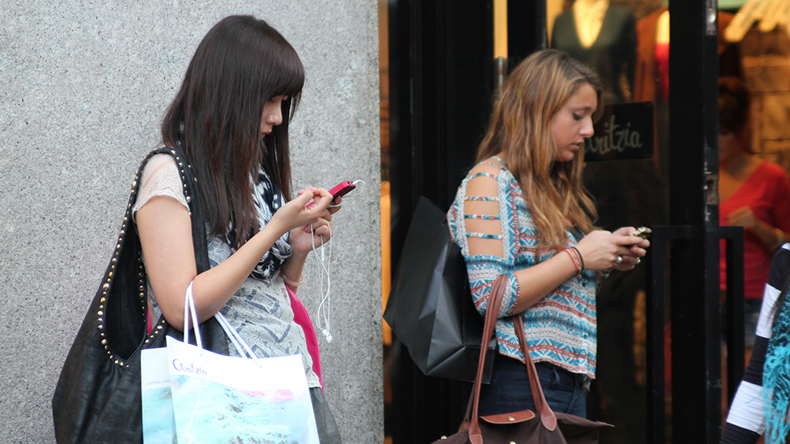ABA Faculty Member Offers Tips to Help Unplug from Technology

ABA Faculty Member Offers Tips to Help Unplug from Technology
ABA Faculty Member Brian Jadro offers tips for changing behavior when it comes to digital devices.
Speaking with NBC Boston earlier this year, Brian Jadro, a faculty member in the Applied Behavior Analysis (ABA) Master's Degree program discussed iPhone's new Screen Time feature, an application that can help users track and limit the amount of time they spend using their digital device. “In order to make change, we have to be aware of if there’s a problem or not,” said Jadro. “So, the amount of time we’re spending on the phone is really not known to the average person until there is some data to support it.”
The Screen Time feature provides the user with the total time they spend in in each app per day or per week, their usage across categories (such as social media or productivity), as well as how often they pick up their iPhone in a day. Speaking with NBC, Jadro revealed, “It’s amazing I could pick up a phone 144 times in a day and not realize it.”
March 1 is the National Day of Unplugging, a day designed to highlight "the value of disconnecting from digital devices to connect with ourselves, our loved ones, and our communities in real time." We asked Jadro for some tips for users who may have an interest in changing their behavior around use of technology. He explained, “Cell phones, apps, and social media are created to be addictive. The companies that develop these technologies want you to pick up your phone as often as possible, view as many ads as possible, and make purchases with minimal effort. Being addicted or overusing your phone/tablet/computer is understandable, but you need to be aware of it as a problem and identify alternatives to screen time.”
He also offered tips on how to make these lifestyle changes and embrace unplugging from technology:
- All organisms (yes, even us) allocate their responding towards higher rates of reinforcement/reward. Our devices offer high rates of reinforcement and we need to arrange our environments to provide more reinforcement for alternative behaviors. Buy a new book, schedule more time with friends and family, pick up a new hobby. You'll need to find alternatives if you're going to be able to unplug and stay unplugged.
- “Fear of missing out,” or FOMO, is real. Spending hours on a phone each day helps to make sure that don't you miss a socially important event. Work with peer groups and parent groups to propose phone limits. The fear of missing out might not be as powerful if larger groups of people decide to "miss out" together.
- Is your phone a way to escape/unwind? It is for many people, but finding alternative activities that allow you to escape a non-preferred activity or to simply relax, will make staying unplugged more bearable. Try to make these low effort alternatives. Picking up a phone and scrolling/swiping is pretty easy, so the alternative can't be too effortful or you will never choose it!
- Do you find yourself picking up your phone a few hundred times per day? (Check your Screen Time app on your iPhone for an exact count). If so, alter your environment--place your phone out of reach or in another room, set a timer for 30 minutes and don't check it during that time, or—dare I suggest—turn off your phone for a period of time.
Overall, Jadro said, “The time spent in front of a screen is time you won't get back. Consider your time a commodity and use it wisely.”
Topics/Tags
Follow William James College
Media Contact
- Katie O'Hare
- Senior Director of Marketing
- katie_ohare@williamjames.edu
- 617-564-9389
